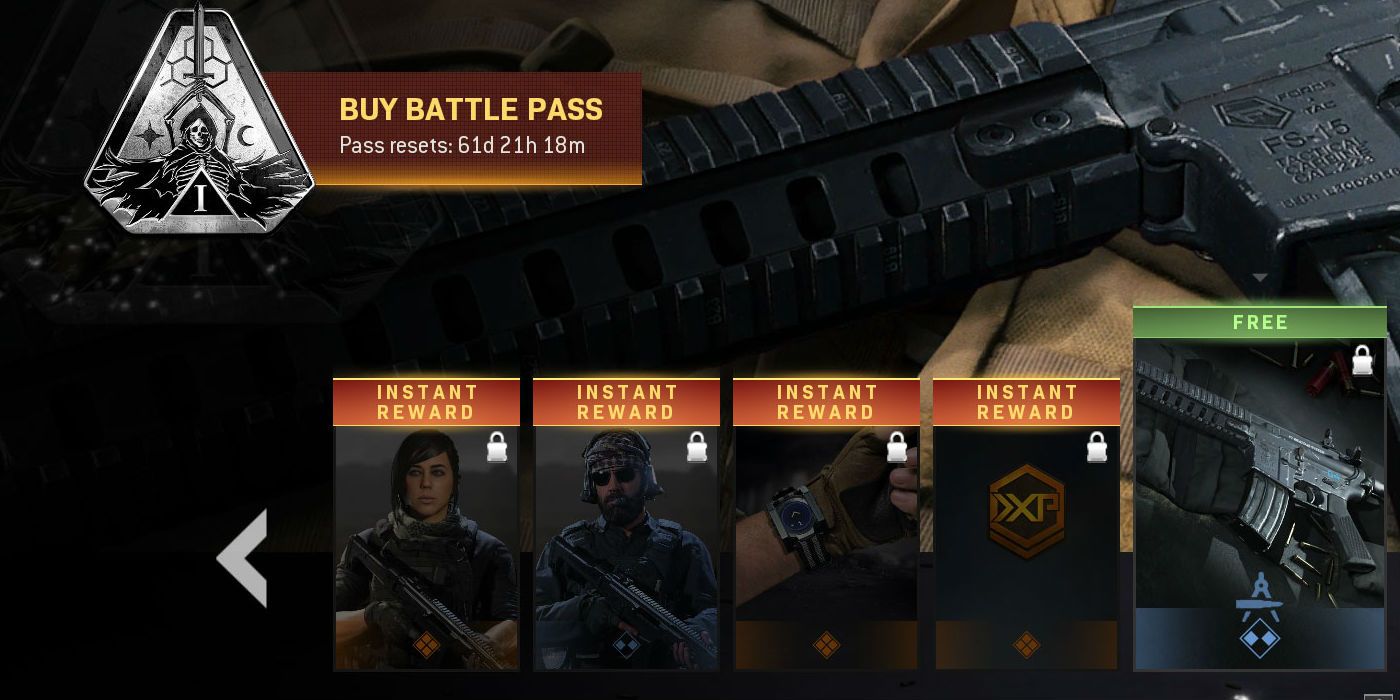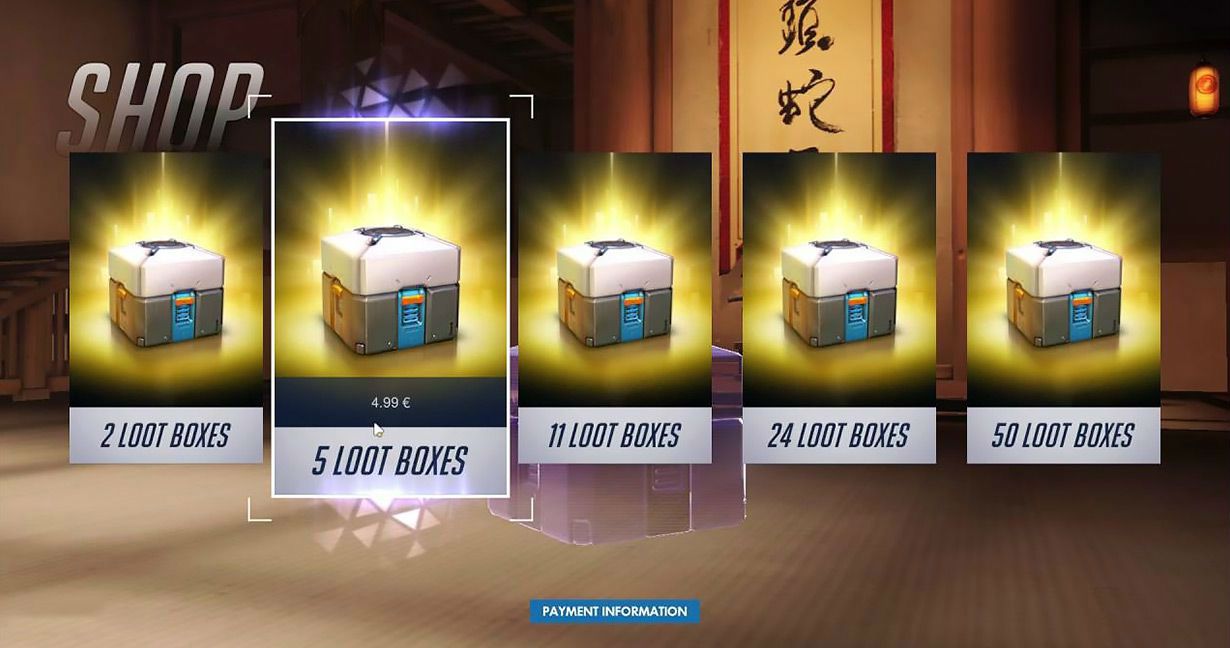Among the many changes that the live-service era of games has brought, loot boxes and microtransactions rank among the most controversial ones to this day. Most recently, the developers of Dead or Alive 6 faced massive fan backlash to microtransactions that would change character hair colors. However, these monetization strategies have caught the eyes of national governments like the Australian Parliament, which recently launched an extensive investigation in response.
The House of Representatives Standing Committee on Social Policy and Legal Affairs recently concluded an inquiry into gambling and pornography in the digital sphere. While loot boxes are not legally classified as gambling in some countries, their randomized contents have led authorities like the Belgian government to seek legal action after concluding that loot boxes count as online gambling.
In its final report, the Standing Committee concluded that it considered loot boxes to be "simulated gambling" and validated concerns that these microtransactions could serve as "gateways" to more harmful habits and consequences. In order to stop children from participating, the report recommends that the Australian Parliament institute mandatory age checks for loot boxes and apply general warning labels onto games that offer any form of microtransaction, including skins and cosmetics. The Committee justified its decision with previous government's conclusions, like the UK government's investigation and conclusion that loot boxes can lead to youth gambling addictions.
While the Australian Parlimentary Committee's conclusion is logical and based on previous legal decisions, it seems to have arrived a little too late. Several major developers and bestselling games like Fortnite and Destiny 2 have already moved to battle pass monetization models after past controversies. However, the government's efforts won't be for nothing. Any potential coordinated legal efforts from the Parliament and other world powers will hopefully ensure that people with addictive personalities will be able to avoid accessing such tempting resources.
Although the Australian Parliament has not taken any legal action to reinforce the report's recommendation yet, the recognition of loot boxes as a form of gambling is a massive step forward for anti-microtransaction advocates. Moreover, the government verdicts represent a similar shift in perspective, as even developers like Epic Games have acknowledged the predatory nature behind loot boxes. Hopefully, future bills will create a conversation that can strike a balance between player satisfaction and profit margins.
Source: Australian Parliament





